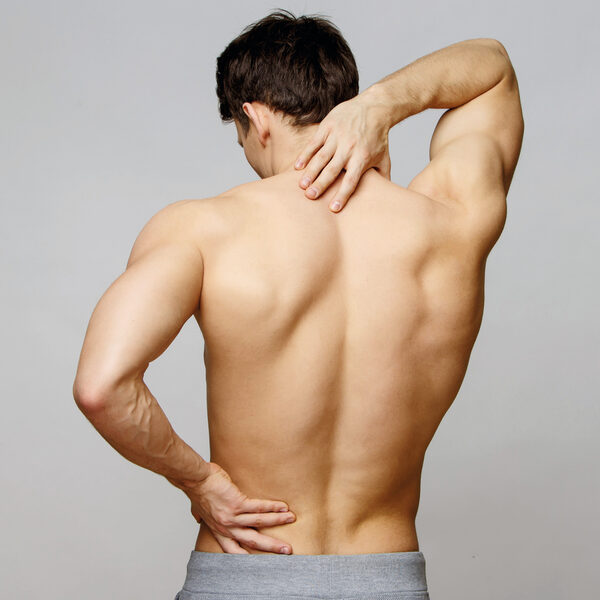Health complaints
Who will help me if I have health problems? When should I go to the emergency room, when should I call the emergency services and when should I not? You can find answers to these and other questions here.
Who can help me with health complaints?
If you have health problems, you can contact various places, for example doctors' surgeries, pharmacies, the medical on-call service, the emergency room in hospitals or the rescue coordination center.
If you do not know who to contact, we recommend the patient navigation system. It is operated by the Central Institute for Statutory Health Insurance Physicians in the Federal Republic of Germany. The Patienten-Navi will ask you about your complaints online. You will then receive advice on who to contact. In life-threatening situations, call 112 immediately.
If there is no danger to life and limb, we recommend that you contact the following authorities:
- Visit your family doctor or contact them by telephone.
- If you need medication, you can get help from pharmacies. Pharmacies have a centrally organized emergency service in the evenings and at weekends.
- At night, at weekends and on public holidays when your family doctor does not have surgery hours, you can contact the central medical on-call service (ÄBD). The ÄBD is located in the Asklepios Paulinenklinik, Geisenheimer Straße 10 and has the following opening hours: Monday, Tuesday and Thursday from 8 pm to 11 pm; Wednesday and Friday from 4 pm to 11 pm. Saturday, Sunday on public holidays and on bridging days from 8 am to 11 pm.
- If you are unable to visit the outpatient clinic of the medical on-call service, please call 116117. The number is manned around the clock, 24 hours a day, seven days a week. The number works without an area code. It is valid throughout Germany and is free of charge - regardless of whether it is dialed from home or from a cell phone. Depending on the day and time, you may have to wait on hold.
When should I go to the emergency room?
The emergency room in hospitals is only intended for truly life-threatening emergencies. These include, for example, acute respiratory distress, chest pain, severe chest pain, heart problems, broken bones and other serious injuries.
